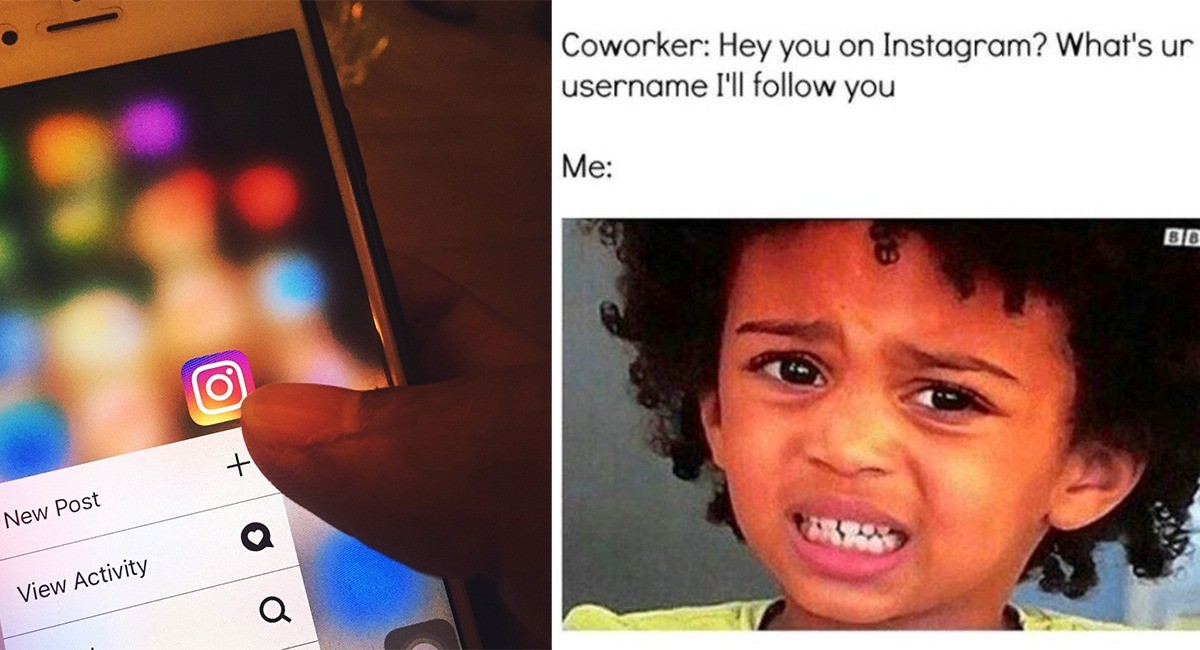It used to be the other way around.
Employee opens Facebook. New friend request. Click. Dun dun dun. It’s… the boss.
Said employee feels uncomfortable. Said employee is obliged to ‘accept’ – not without a complete overhaul of existing content, of course. Now and forevermore, said employee must be professionally appropriate at all times on a platform that was once a safe space for thank-God-it’s-Friday memes.
But these are different times. As Gen Zs move into the workforce, you’re now likely to get a follow or friend request from these young employees or colleagues on Facebook, Instagram or Twitter.
Should you accept their request? Here’s what to consider.
One side of the coin: yes!
First off, it’s not weird to them.
Gen Zs are less likely to distinguish their digital lives from “the real world” so they’re not afraid to show up online. Social media is just the given way to connect with all kinds of people, including the many genuinely supportive online communities out there that are based on their interests.
Examine your work culture, industry and how you choose to use your ‘personal account’. Is it important to have an online presence to fulfil your professional brand? Or do you only want to share holiday snaps and pictures of the kids? Maybe you’ll find a comfortable mix of both.
If it does feel right to ‘accept’, you’re in a prime position to strengthen your relationship with Gen Zs. No need for picture-perfect content. This generation values ‘the human side’ and a good dose of humour. Passionate voices whatever your field may be, and social justice advocacy from sustainability to gender equality.
Besides, if anyone wants to hide anything, that’s what privacy settings are for.
Other side of the coin: nope.
This does mean you have to think a little harder before you hit ‘post’. With every image, video and caption, you’re not just talking to a mate. Always, you’re susceptible to being judged outside your role as a boss.
Yes, as leaders, we’re humans. But sometimes “being human” looks like drinking at the bar at 3am (#aboutlastnight), and perhaps you feel such posts make you look less of a leader. It could slip through a tagged photo or status update too.
There are not-so-obvious complications. If one employee or colleague adds you, you probably need to accept everyone else otherwise it’s seen as favouritism or discrimination. On that note, sensitive posts around their health, religion and politics might lead to subconscious bias in how you wind up managing them in the office.
Sounds stressful? No presh! Don’t do it.
But it doesn’t have to feel like a minefield. Because if you do ‘accept’ and you’re online for all the right reasons? There’s an opportunity to be seen as an even greater leader. Plus, you’re in for some meaningful connections and lighthearted fun.






